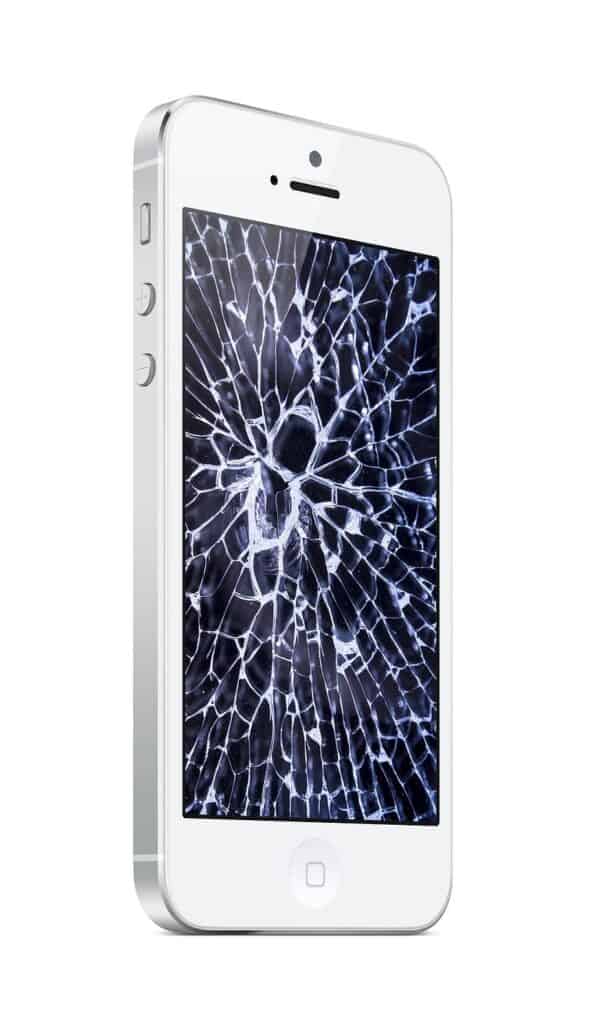Turn on grayscale! Here’s how:
If you’re using an iPhone as your daily handset of choice, open up the Settings app, then choose Accessibility > Display & Text Size > Color Filters. Turn the Color Filters toggle switch on, and Grayscale appears as the top option. Presto! All color has drained from your iPhone’s screen, until you toggle the switch off again.
If you’re on the stock or Pixel version of Android 9.0 or later, open up the Quick Settings panel with a two-finger swipe from the top of the screen, then tap the Pen icon on the lower left. Drag the Grayscale icon up into the panel of icons, and you’ll have one-tap access to your phone’s grayscale mode whenever you need it.

What are the benefits of cutting back?
Phones offer us a plethora of conveniences, connectivity, and entertainment options at our fingertips. However, excessive phone usage can have negative consequences on various aspects of our lives. By cutting back on phone time, we can unlock numerous benefits that enhance our well-being and overall quality of life.
- Improved mental and emotional well-being: Excessive phone usage has been linked to increased stress, anxiety, and depression. Constant exposure to social media, news feeds, and notifications can lead to information overload and a sense of constant connectivity, making it difficult to relax and unwind. By cutting back on phone time, we give ourselves a chance to disconnect, reduce stress levels, and cultivate a healthier relationship with technology.
- Enhanced productivity and focus: Phones can be major distractions, diverting our attention away from important tasks and reducing productivity. Frequent checking of notifications and indulging in social media can fragment our concentration and hinder our ability to engage in deep, uninterrupted work. Limiting phone time allows us to allocate dedicated periods for focused work, improving efficiency and overall productivity.
- Better sleep quality: The blue light emitted by smartphones can interfere with our natural sleep patterns. Excessive phone usage before bedtime can disrupt the production of melatonin, the hormone that regulates sleep. Additionally, the engaging content on our phones can keep our minds active and make it harder to unwind and fall asleep. Cutting back on phone time, especially in the evening, promotes healthier sleep habits, leading to improved sleep quality and overall well-restedness.
- Enhanced social connections: Paradoxically, excessive phone usage can lead to a sense of social isolation and detachment from real-life interactions. Constant scrolling through social media feeds can create a false sense of connection, leaving us feeling disconnected from our immediate surroundings and the people in our lives. By reducing phone time, we can focus on building deeper, more meaningful relationships and engage in face-to-face interactions, fostering a sense of belonging and connection.
- Increased mindfulness and presence: Excessive phone usage often leads to mindless scrolling and browsing, causing us to miss out on the present moment and the beauty of our surroundings. By cutting back on phone time, we can cultivate a greater sense of mindfulness and presence. We become more attuned to our environment, engage in activities that bring us joy, and appreciate the small moments that make life fulfilling.
- Physical health benefits: Prolonged phone usage often leads to sedentary behaviors, as we spend excessive time sitting or lying down while using our devices. This lack of physical activity can have detrimental effects on our health, including increased risk of obesity, cardiovascular diseases, and musculoskeletal issues. By reducing phone time, we can allocate more time to physical activities, such as exercise, outdoor pursuits, and hobbies, promoting a healthier lifestyle and overall physical well-being.
- Improved cognitive abilities: Constant multitasking and information overload associated with excessive phone usage can negatively impact our cognitive abilities, including memory, attention span, and problem-solving skills. By cutting back on phone time, we allow our brains to rest, recharge, and engage in activities that stimulate cognitive growth, such as reading, learning, and engaging in creative pursuits.
For you who are noticing some need for deeper conversation around your relationship with your phone (and other subjects in your life), one helpful aspect of therapy is that it creates a safe space for you to name that which is difficult to put to words. A skilled therapist can help support the skill development in order for you to connect, and create the space for you to use these skills in the room with yourself.
